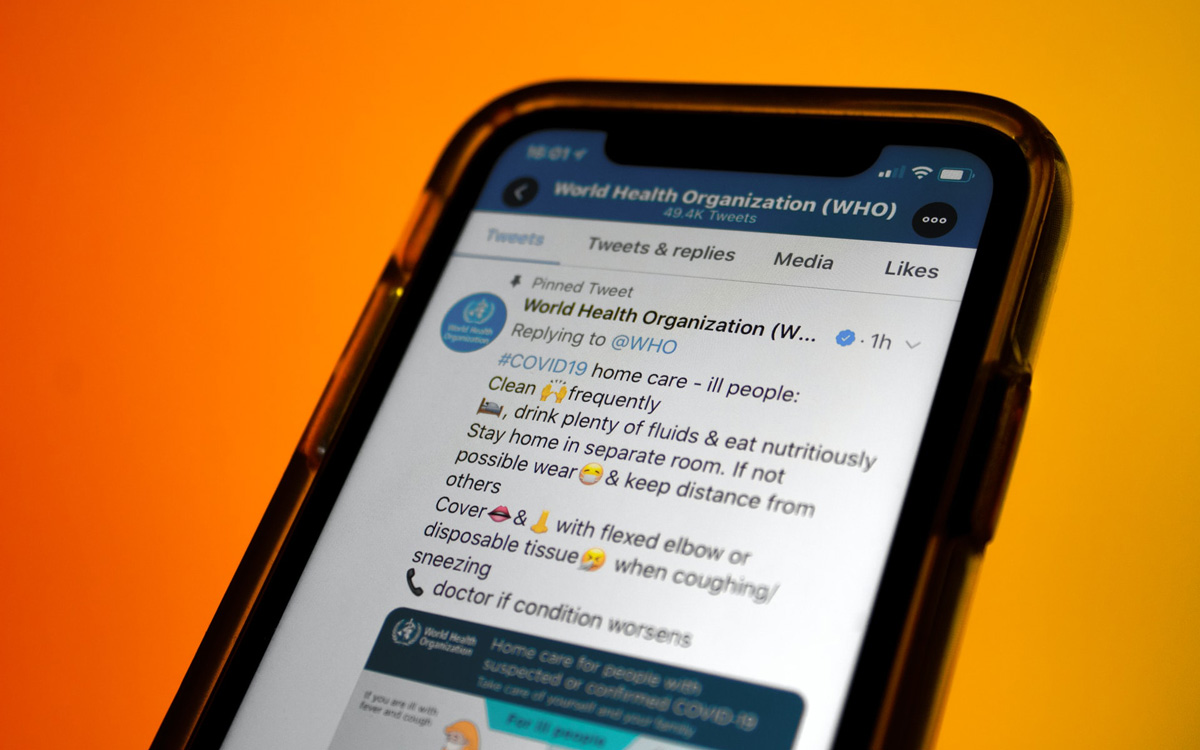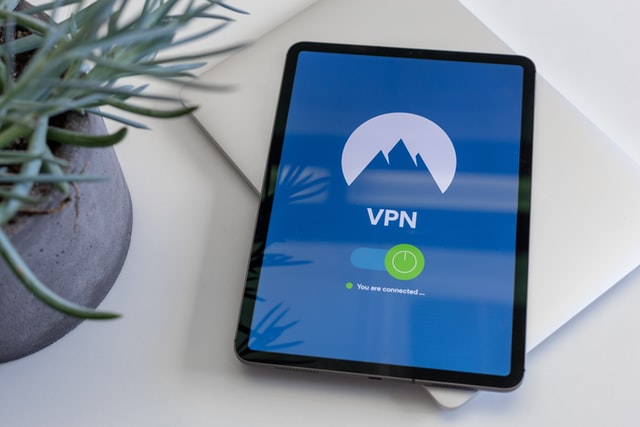
Telecoms in a post-Covid world

The coronavirus crisis has propelled remote working into the mainstream, triggering an unprecedented demand for fast and reliable broadband connections. It’s no exaggeration to say that this is one of the fastest and most dramatic revolutions in the telecoms industry we’ve ever seen. As the dust settles after lockdown, this new reliance on connectivity is likely to continue – but what else does the post-Covid future hold for telecoms technology?
Unlimited data and remote working
In spring 2020, the sudden but ongoing shift to remote working drove a demand for connectivity that shows no sign of waning, even as the government tries to encourage former commuters back to the office. Predictably, mobile usage and roaming both decreased, while home broadband usage increased dramatically.

The switch to remote working is likely to mean an increasing trend towards unlimited data plans, as more people log in from home. At the same time, we do expect people to start travelling again, with a corresponding increase in mobile data usage.
Network reliability and customer service
Network reliability is going to be an ongoing focus for telecoms post-Covid, as more jobs are done from a distance. There’s nothing more frustrating than a frozen screen in the middle of a video conference! Many businesses will need to look at their network requirements and consider upgrading to a faster connection. At Croft, we’re committed to delivering fast and reliable business broadband solutions that won’t let you down – even at peak times.
Cyber security

Remote work is likely to increase security and infrastructure risks for customers and telecoms providers – because accessing data in the cloud makes it vulnerable to cyber attacks. Businesses that enable remote working will need to get to grips with the issues surrounding cyber security, and the measures they need to take to keep their data secure.
5G networks
Contrary to some of the wilder conspiracy theories out there, we can confirm that the coronavirus pandemic wasn’t just a front to foist 5G technology onto the world. That’s not to say 5G won’t change the way we live, however. This disruptive next-generation connectivity represents a potential revolution in the communications industry, with implications for everything from the speed of our internet connections to the infrastructure of our cities.
That said, 5G may not arrive as quickly as planned, with delays caused by the pandemic meaning it’ll take longer for 5G networks to be up and running.
Tracking the spread: what does it mean for data privacy?

One of the more exciting applications of communications technology is its potential as a tool to contain the spread of Covid. By tracking people’s movements through mobile technology, it’s possible to identify clusters of infection, enabling governments to act quickly to stop it spreading further. But using people’s data and tracking their location in this way raises important ethical questions about data protection and privacy. It’s important that this is addressed as we enter an age of pandemics, so that these valuable tools are trusted by the public, and can be used to their full potential.
